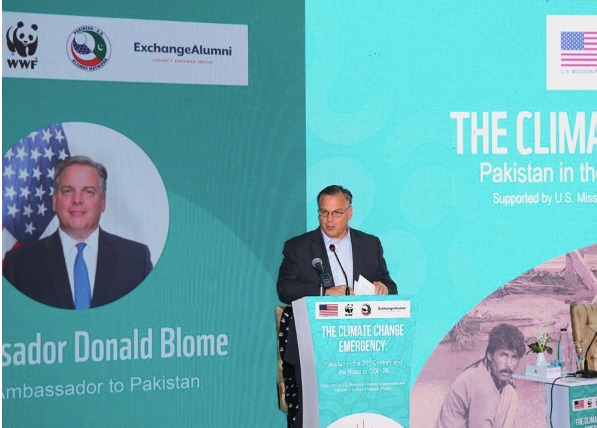As the sun set on Niger’s political landscape, tensions reached fever pitch when coup leaders defiantly shut the country’s airspace, ignoring the Economic Community of West African States’ (ECOWAS) ultimatum to reinstate ousted President Mohamed Bazoum or face military intervention. A pre-deployment of forces in Central African nations signaled the coup leaders’ unwavering stance, sparking fears of regional conflict and armed group exploitation. Amidst a backdrop of escalating tensions, ECOWAS’s deadline loomed, leaving the international community on edge and Nigerians on the streets, rallying behind their cause.
Pre-Deployment of Troops in Neighboring Nations Signals Intensifying Standoff
The coup leaders’ decision to close Niger’s airspace resonates as a resolute response to ECOWAS’ demands. Amadou Abdramane, spokesperson for the National Council for the Safeguard of the Homeland (CNSP), confirmed the pre-deployment of troops in neighboring Central African countries, underscoring their preparedness for any intervention. The threat of military action prompted this move, effectively barricading Niger from external influences. “Niger’s armed forces and our defense and security forces, supported by our people, stand ready to safeguard our territory’s integrity,” Abdramane affirmed.
Coup Supporters Gather Amidst Fears of Regional Conflict and ISIS Opportunism
A stadium in Niamey became a convergence point for tens of thousands of coup supporters, rallying in a show of solidarity with the CNSP. The coup on July 26 was the seventh in West and Central Africa within three years, exacerbating tensions across the Sahel region, which already battles armed groups affiliated with al-Qaeda and ISIS. The fear of regional destabilization loomed large, as observers contemplated the potential for armed extremists to exploit the chaos. The coup leaders, resolute in their stance, appeared prepared for any eventuality as they stood at the brink of a standoff with ECOWAS.
International Community Divided as ECOWAS Deadline Nears Conclusion
The international community’s response to the crisis revealed a stark divide. France, Niger’s former colonial ruler, hinted at unwavering support for ECOWAS’ decision while retaining ambiguity about military intervention. In contrast, Russia’s opposition to military involvement stood firm, even as its Wagner mercenary group offered its services to Niger’s coup leaders. Amidst the uncertainty, Nigeriens took to the streets, chanting slogans against ECOWAS sanctions and French interference.
As the countdown to ECOWAS’ deadline neared its culmination, Niger stood at a crossroads, poised between defiance and diplomacy, conflict and compromise. The closure of the country’s airspace marked a definitive rebuttal to the regional bloc’s ultimatum. The future trajectory hinges on the delicate interplay of domestic sentiment, international pressure, and the fragile balance of power in the region. As the global community watches with bated breath, the echoes of change reverberate through Niger’s streets, leaving an indelible mark on the nation’s destiny.
















